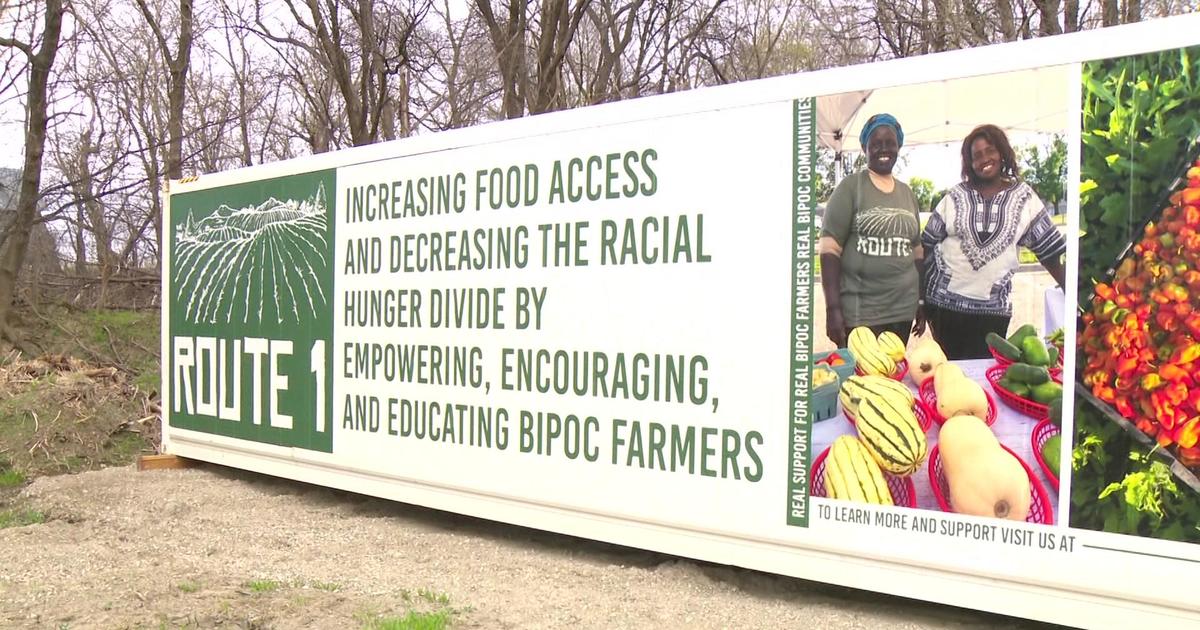Tracking Danger: Minnesota Lawmakers On Oil Transportation Safety
MINNEAPOLIS (WCCO) -- There have been many who have expressed concerns about whether the state is prepared to handle a train accident like the one in Casselton, or even worse Quebec.
WCCO's Al Schoch has more on that, and continues our five-part series "Tracking Danger: Minnesota's Crude Reality."
The 2015 legislative session isn't the first time Minnesota lawmakers looked to make railways safe when oil is transported from North Dakota.
"A little over a year ago, we introduced a series of oil transportation safety measures," Rep. Frank Hornstein, D-61A, lead Democrat of the House Transportation committee said. "We need to make sure that our areas where these trains are crossing roads and are in constant contact with other traffic are as safe as possible, so that we can prevent these accidents from happening before they happen."
Last year, lawmakers approved an increase in the number of track inspectors. They also provided funds to train first responders. A key part of the legislation was asking MnDOT to recommend which railroad crossings need safety upgrades. That report is part of legislation introduced in March. The bill calls on railroads to pay for the improvements.
"These railroad companies are making a handsome profit," Hornstein said. "Some have made 600 percent increases in their profits over the last year. They can well afford to pay for these improvements. It shouldn't fall on the taxpayers. It shouldn't fall on the people of Minnesota."
There are mixed reviews on a public safety report describing how prepared the state in in case of an oil car explosion. That's something Rep. John Lesch, D-66B, is reminded of every day when he approaches a rail crossing on his way to the capitol.
"I see them going through all the time," Lesch said. "That's the route that I take to work. I'd say maybe about a third of the time I have to wait for a train."
That lays bare another issue with the oil trains. Some pull more than 100 cars, leaving traffic at a standstill at crossings. The fear is first responders can be cut off by the trains while trying to drive to emergency sites.
"If those trains are rumbling through our neighborhoods, they've got insurance taken care of. What about our safety?" Lesch said.
Many lawmakers agree rail safety for oil trains has to be updated every year.



